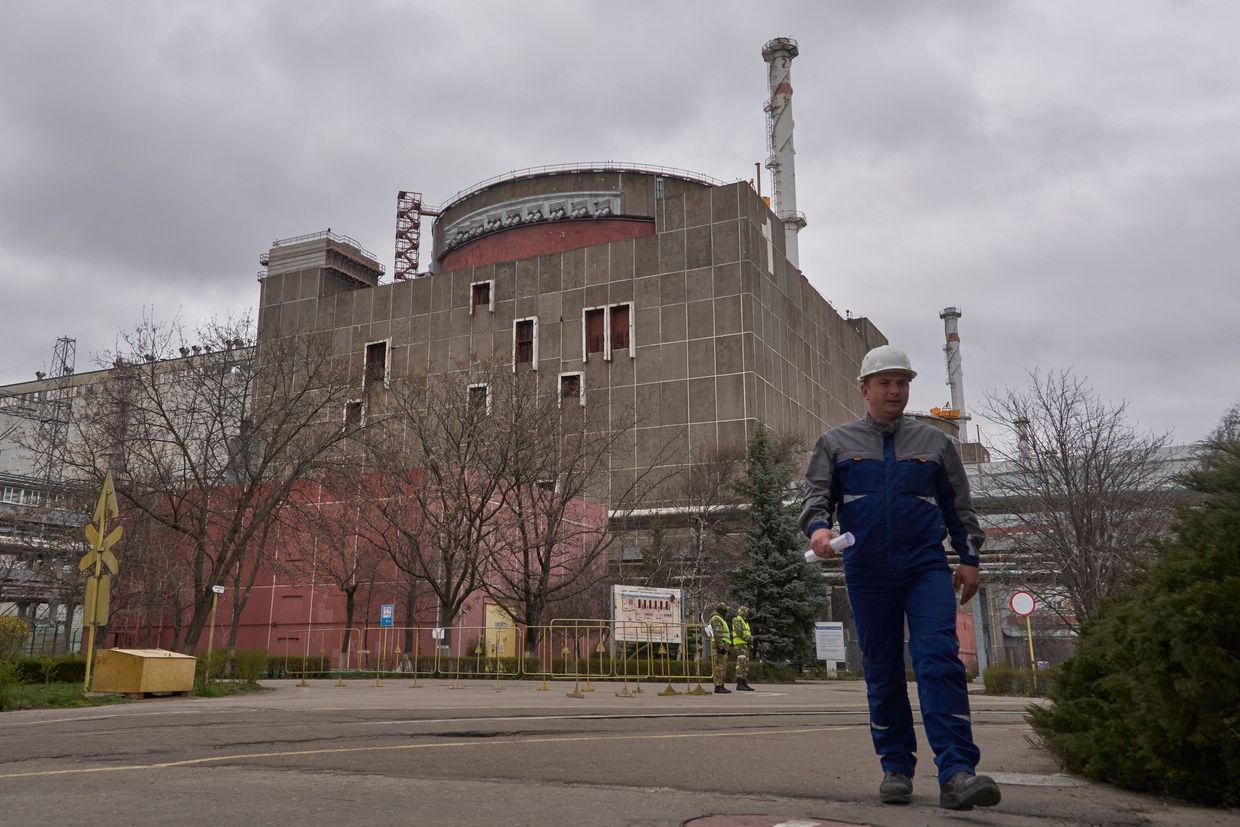Ukraine, German discuss need for 'decisive response' on North Korean troop presence during Foreign Minister Baerbock's visit to Kyiv

Editor's note: This article has been updated to reflect details on discussions between Kyiv and Berlin.
German Foreign Minister Annalena Baerbock arrived in Kyiv on Nov. 4 in a show of support for the besieged country, marking her eighth visit to Ukraine.
"We are countering this brutality with our humanity and support, so that Ukrainians can not only survive the winter, but so that their country can survive," Baerbock said upon arrival, according to Reuters.
During the visit, the German minister met her Ukrainian counterpart, Andrii Sybiha, and President Volodymyr Zelensky.
Following the meeting, Sybiha said the delegations discussed the "need for decisive action" in response to the presence of North Korean troops situated along Ukraine's eastern front.
"We urge Europe to realize that the DPRK troops are now carrying an aggressive war in Europe against a sovereign European state," Sybiha told reporters following the meeting, referring to North Korea through an acronym representing its official name.
Earlier in the day, Zelensky said that North Korea has already deployed 11,000 troops in Russia's Kursk Oblast.
"We see an increase in the number of North Koreans, and we do not see an increase in the reaction of our partners," Zelensky said in his evening address.
Baerbock's visit comes as Ukraine braces for what may be the harshest winter of the war yet.
The Ukrainian energy grid was badly damaged during Russia's massive aerial campaigns in the autumn-winter period of 2022-23 and in the spring and summer of 2024. Fresh attacks against infrastructure are expected as temperatures drop.
Germany has played a key role in providing energy support to Ukraine and bolstering the country's air defenses needed to repel further attacks.
According to Baerbock, Berlin has committed an additional 170 million euros ($185 million) to boost Ukraine's energy infrastructure.













